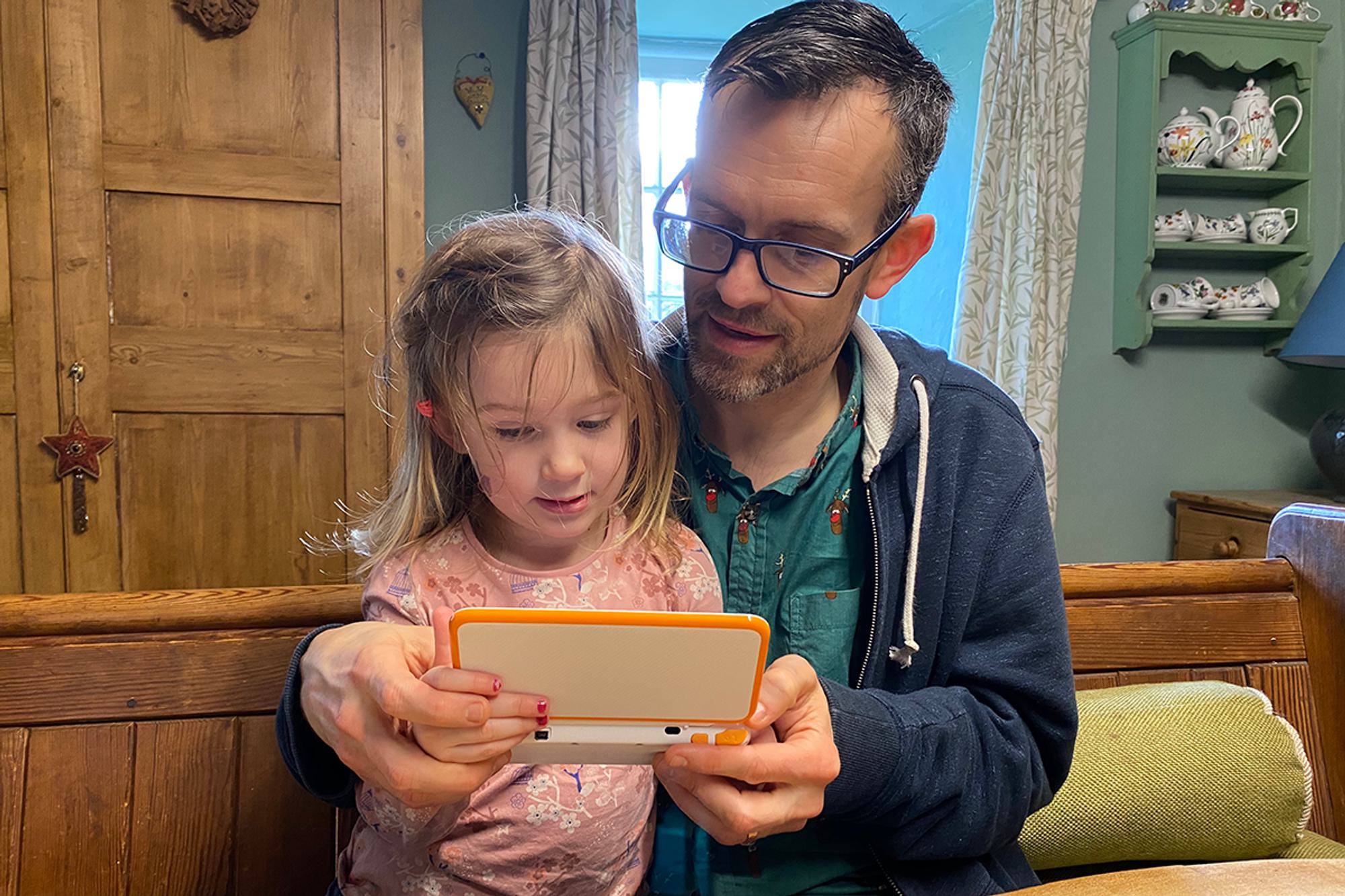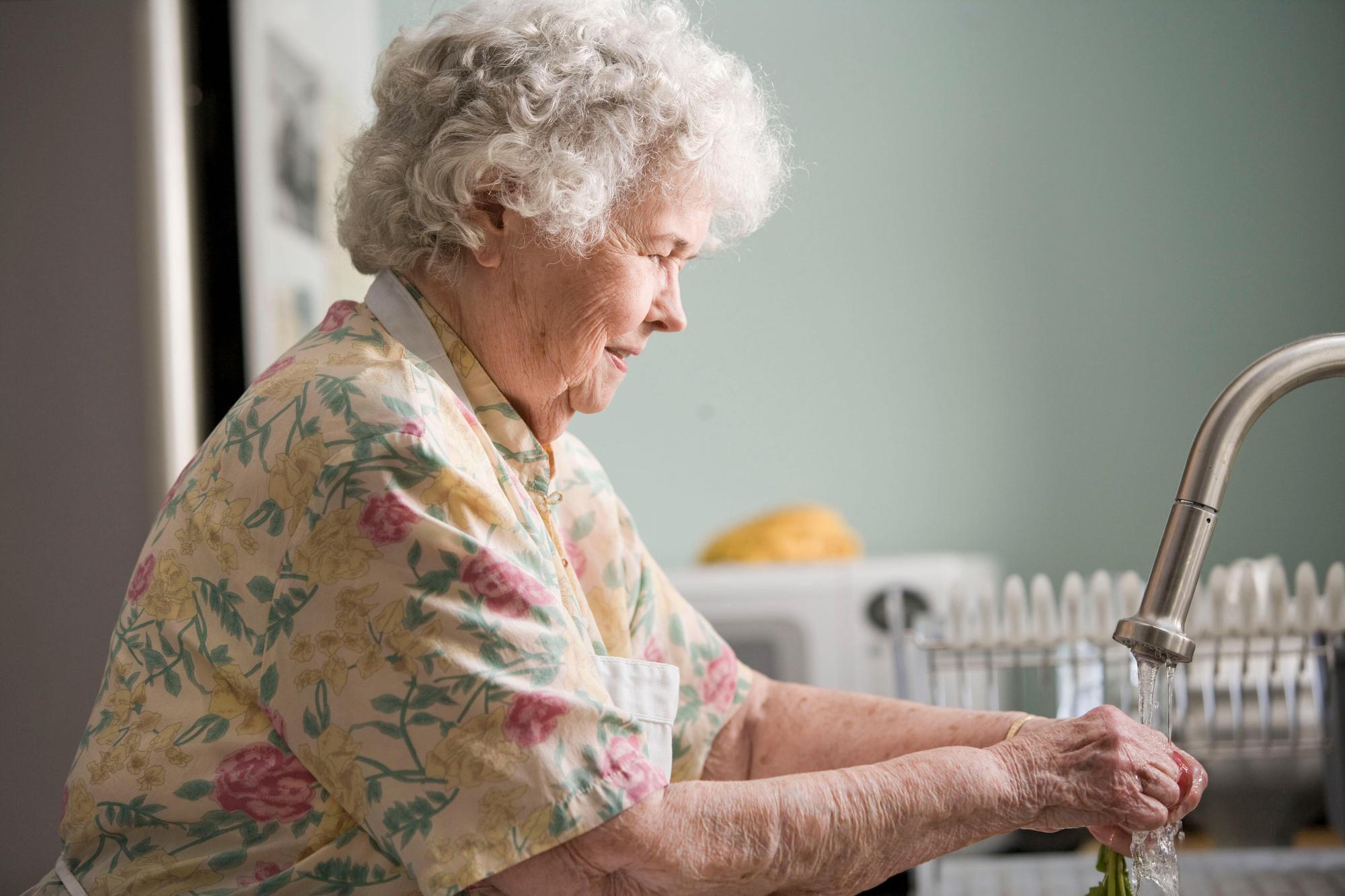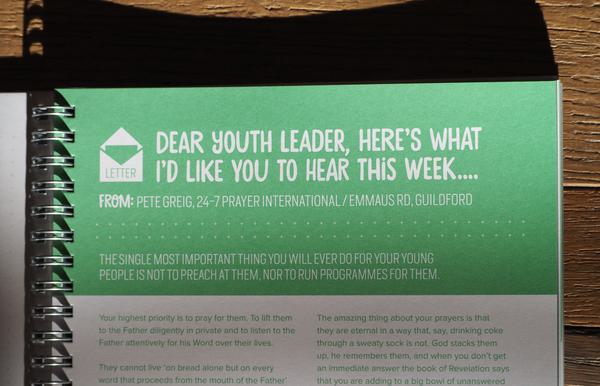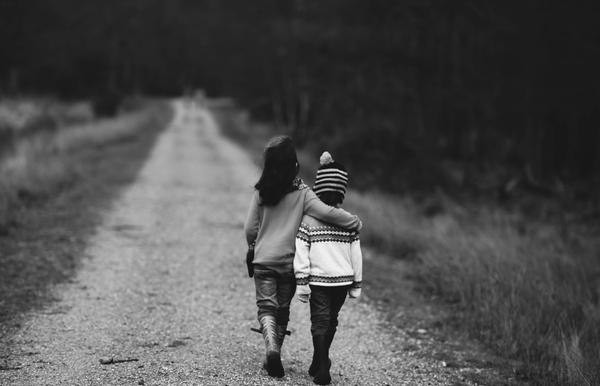We ran this liveblog from March to May 2020 to help youth leaders respond to the Covid-19 pandemic. All the content shared can still be accessed and searched for via the sidebar.
SOME HIGHLIGHTS FROM THE LIVEBLOG ARCHIVE:
Type: Blog post
There are 0 new posts since the page loaded. Refresh
A great time to explore the spirituality of games
At the best of times, we turn to video games to keep children busy or provide some light entertainment and bonding. Now, with much more time inside it’s easy simply to ramp up that same approach.
However, video games can offer much more than that for young people. Like any media, they are a new way to tell stories, to engage with the world, to make sense of life. But as well as that, they can also offer a powerful space in which to find calm, hope, peace and even a bit of control when the world around us feels far from that.
The challenge is finding the games that offer these things at the right time. Writer and broadcaster Andy Robertson (who was one of the contributors at last November’s National Youth Ministry Weekend) has put together The Family Video Game Database as a resource to help you do just this. It’s a huge collection of information about video games arranged into lists.
Along with the usual lists about playing together on the couch, or online, there are some more interesting ones that point to games with a deeper side. For example:
One of the lists in the database has been put together by the LTN (Love Thy Nerd) Christian gaming community to highlight games that challenge us to love our neighbour. Other interesting highlights include a list of games that offer tough ethical decisions, games that invite you to inhabit another world or walk in someone else’s shoes.
If you’ve never played games yourself before, the site encourages you to try out the games picked out specifically as your first video game.
The full set of lists in the database are here and you can search for any game by platform, genre, theme, PEGI rating, here.
Interested in further reading? You can also find Andy's book: "Exploring Spirituality in Video Games" here and news about an upcoming book here.

Quarantine idea #2: how to serve the elderly & vulnerable
Want a way of continuing to share experiences as a youth group from the comfort of your own home? In the coming weeks we’re posting simple ideas for online youth work here on the liveblog, you can read idea #1: Virtual Tours, here.
During recent weeks, it’s been incredible to see people come together and offer support to one another during such difficult times. Here's a way to engage your group in the midst of quarantine, and help them to invest in their community:
IDEA #2: BRING GENERATIONS TOGETHER - INVITE YOUNG PEOPLE TO WRITE TO AN ELDERLY PERSON IN THEIR COMMUNITY.
We know that some of those most at risk now are the elderly, and that elderly people are already some of the most isolated in our communities. A letter, email or card could brighten up someone’s day and bring real encouragement. Here are the practical steps:
- Identify older, vulnerable people in your community who would be open to receiving a message from a young person. If you work for a church, identify isolated older people in your congregation and ask for their home/email addresses. If your youth work context is not church based, how about contacting a local care home? Ask them if they would be up for receiving correspondence from your youth group and distributing the message to residents. If they are worried about the risk associated with letters coming in, check to see if emails would be appropriate. Emails could be printed off on site and delivered to rooms or read aloud.
- Get the young people you work with on board. Use this as an opportunity to talk to your young people about social action and caring for their neighbours. Tell them they can be creative as they want to be with their messages. If they’re struggling with what to write, point them towards a Bible passage, poem or song lyrics. Challenge them to see this practical exercise as a way of looking after some of the most vulnerable people and a way in which they can potentially make a real difference in someone’s day.

The Monday Report: overwhelmed but optimistic
Last week we asked you some questions for the Friday 3x3– a way to take the temperature of the youth ministry community during the Coronavirus pandemic. Every Friday at 3pm we’ll ask three questions which will take you no more than three minutes to answer. We’ve started with a modest 60 responses, so this doesn’t represent the wider community of Christian youth workers – it just gives us a sense of what’s going on.
You can read the full-length breakdown and reflection here, but a brief summary is below:
1. ALL THE FEELS
We provided a list of 25 emotions and asked you to pick up to three that described how you’d been feeling last week. Of the 60 who responded, the top two emotions were ‘overwhelmed’ (38%), ‘optimistic’ (37%) and ‘thankful’ (35%).
It’s not surprising to see that people feel overwhelmed. We have been experiencing something unprecedented and have had to suddenly change our way of life. It’s encouraging to see that, despite stress, there are also feelings of gratitude. We know that thankfulness is crucial for our mental health in times like this, for those with and without faith. It’s interesting to see optimism here. Perhaps it’s the closest to ‘hopeful’, which wasn’t one of the emotions provided but has theological resonance for many of us.
The Monday Report: overwhelmed but optimistic
Head of Research Lucie Shuker breaks down the results of our new weekly survey designed to hear how youth leaders are doing in the midst of COVID-19.
2. ZOOM-STA-GRAM
We asked which tools/platforms you used to communicate with young people since Tuesday, and joint top were Instagram posts and Zoom. Again, this was a small group of respondents, so we can’t take too much from it. But the phrase ‘zoomed out’ has now appeared in our lexicon, reflecting the platform’s meteoric rise in use over the last week and a half. So maybe we can trust the results after all? You know what hadn’t been used by any of our 60 respondents? Skype. Twelve had used email, four had seen young people face-to-face (2m apart) and one had even sent a letter. But no one had used Skype. Farewell, Skype.
3. ONLY CONNECT
Our third question was ‘In your own words, what have young people needed from you this week?’
The most frequent answer was connection. Some kind of contact, check-in, acknowledgment or presence in a crazy week. One person said, “knowing someone is thinking of them.” After that were a number of references to fun. This meant the chance to laugh, celebrate a birthday or engage in “usual banter". Some expressed this as entertainment and others as joy. The third most reported need was for reassurance – that it will be ok, that we are still there or that “it's okay to feel a mixture of emotions in these unusual times”.
Thanks to those who took part! If you missed it why not join us next time – see you Friday at 3pm?
Zoom-bombing: A note of caution for online video chats
The rapid rise in popularity of online video chat interface Zoom has brought with it a brand new and somewhat malevolent phenomenon. The practice of ‘Zoom-bombing’ sees people joining online chats and seeking to disrupt them by sharing explicit or unpleasant images, video and audio to the conversation. Once inside, the perpetrators are skilled at using multiple accounts to avoid being thrown off the call - meaning they’re quickly able to throw a video chat into chaos.
In order to prevent this from happening to a call, Zoom themselves have suggested a short list of steps you can take. You can find their response article here, but in brief summary:
- You should avoid listing zoom links (Personal Meeting IDs) in public, and never allow screen sharing as a standard default for all users.
- Familiarise yourself with the ways in which you’re able to manage participants as host (including muting individuals and locking the meeting), and make use of the ‘Waiting Room’ feature.
- You might also want to consider password-protecting any Zoom meetings which aren’t open to the public as a standard good practice measure.
Many churches and youth groups are making use of Zoom in a variety of ways, and the likelihood is that as more people hear about this rather innovative method of online trolling, more cases of ‘Zoom-bombing’ are unfortunately likely to occur. It’s therefore important to take steps where possible to protect against an attack of this sort, which could otherwise lead to the unleashing of pornographic or other harmful material in the middle of a session.
Youth work in isolation: Time for a new gameplan
The Coronavirus and its ensuing chaos have changed all the rules: youth leaders are suddenly having to think fast about how to creatively respond in a way that serves young people in challenging new conditions. In this new blog post Lahna Pottle explores how to innovate with a practical resource you might already have.
"I sit in my kitchen, as many youth workers I suspect now are, overwhelmed, confused and feeling like all my plans have slipped through my fingertips and smashed on the kitchen floor. I’m having to completely rethink how I do youth ministry, what my week looks like, and I have so much to do to try and turn this around..."
Youth work in isolation: Time for a new gameplan
COVID-19 has scuppered all plans and programs, forcing a dramatic reimagination. Lahna Pottle explores what that means for youth work, and how rethinking Youthscape’s The Gameplan could help.
Dangerous hope: COVID-19 and a new youth work frontline
New blog post from Rachel Gardner at Youth Work News:
"These are the invisible, not yet adult but not protected like kids, fragile and challenging young people that as the virus hits will refuse to do what we want them to. They’ve got nowhere to go, no-one to care, and nothing to lose - and they’re going to be in the streets, bus stops, subways, parks and graveyards that the rest of us are vacating. In their minds they’re already socially isolated...Many of them don’t have phones or access to technology. Their reliance on each other is as solid as it is fragile. Of course they'll be there for each other, until they’re not. Then they’re totally alone."
Dangerous hope: COVID-19 and a new youth work frontline
Some young people already know social isolation too well. Rachel Gardner tells the story of the 'misfits' who found home in her church graveyard – and asks what youth ministry means in an age of contagion.
A guide to self-isolation: 9 ideas from a chronically ill person
‘Self-isolation’ is a major challenge to our normal way of life, but the spread of COVID-19 has made it a necessary one. In this new post on Youth Work News, Head of Theology Phoebe Hill offers practical wisdom on how to self-isolate well, from her experience of living with chronic illness.

Some helpful tips for filming yourself
With youth groups moving online, some of you will now be trying out live-streamed videos or little videos giving out encouragements to the young people you work with. Vineyard Churches have written this great post with some advice for filming yourself - equipment needed, lighting, sound quality, etc.

Open Me: Uncomfortable hope with Rachel Gardner
Many will be watching world events unfold with great anxiety, fear and sadness. 'Hope' is hard to conjure when life is so chaotic and the future so seemingly uncertain. Youth leaders for example, are already having to completely reimagine their lives and work on a practical level, amidst the emotional struggle that widespread social isolation and panic present. Where does God, and a Christian vision of 'hope' fit in to all of this?
Earlier this year Rachel Gardner led the latest season of Open Me, our devotional tool aimed specifically at supporting youth leaders. We hope you find her five reflections on 'hope' to be useful and encouraging in a confusing time. You can find them each listed individually below:
Hope in Broken Times
There’s a collective finger on the pulse of uncertainty, even dread. Is this is how it will be from now on in? But we’re Youth Workers. We caught up in the busy-ness of Hope; building the expectation that something better is going to happen. Hope is happening.
Social distancing: What happens to face-to-face youth work now?
School is cancelled and social distancing – or self-isolation – is the new status quo. In this new article Lahna Pottle speaks to other youth leaders to wrestle with what this means for working with young people. Here you can find government advice on keeping physically and mentally well whilst self-isolating.








